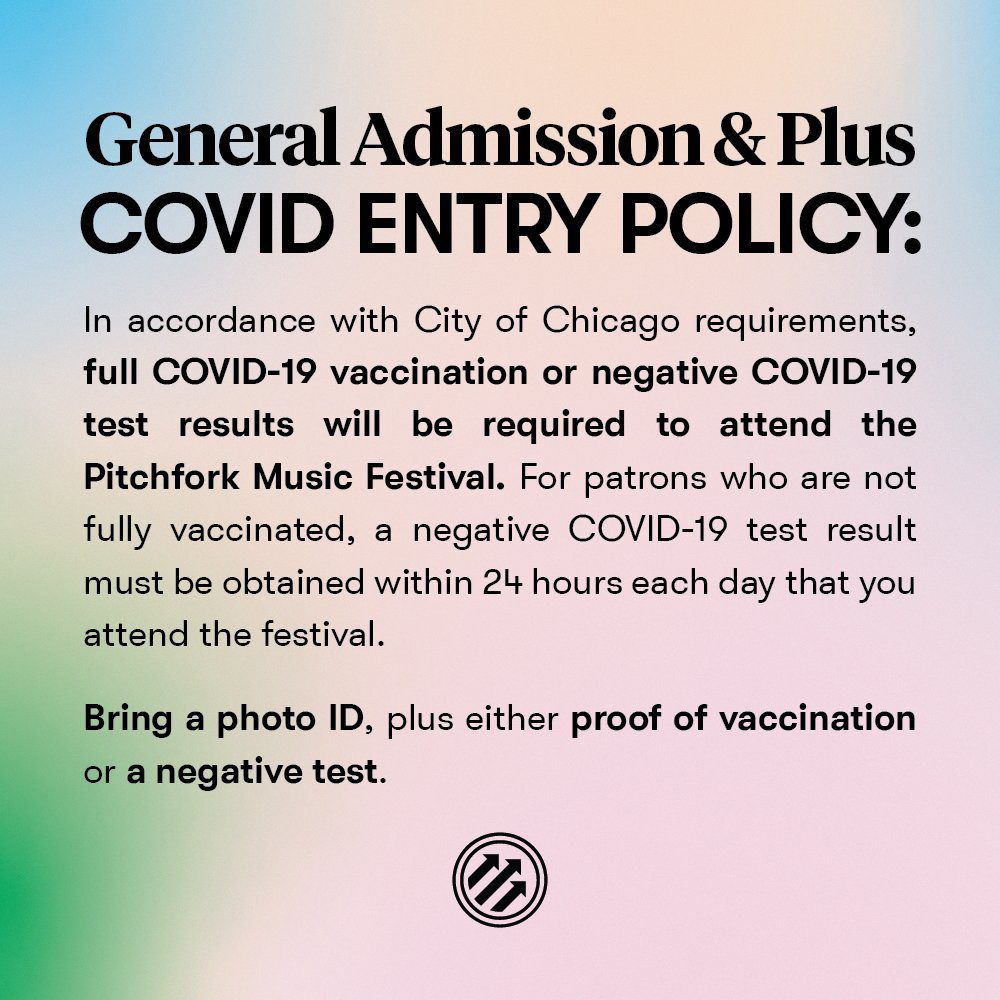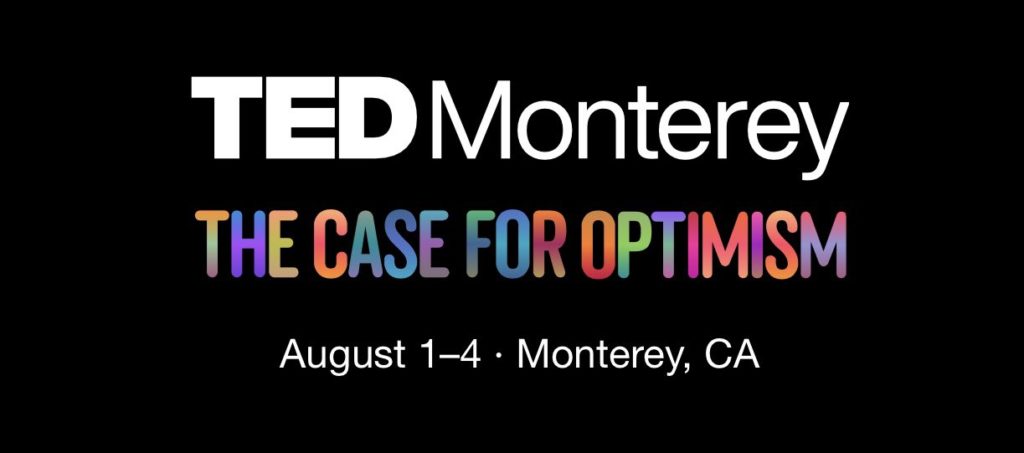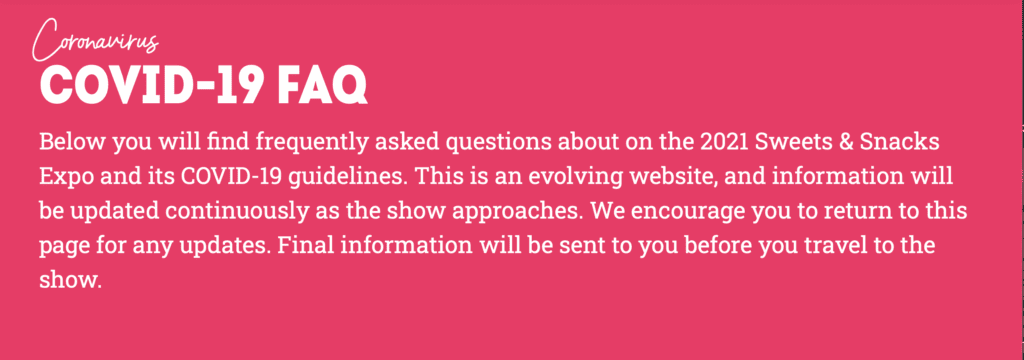We will be the first to say that we did a double-take when we saw some of those crowds with thousands of people at the Lollapalooza music festival this year. Eeek!
But in reality, there are proven ways for in-person and hybrid events to happen safely right now. It takes good planning, excellent communication, and a major commitment to effective health safety measures — but it is still possible. To help get you started, these are our top tips for meeting safety in Fall/Winter 2021 and as we move into 2022.

Have a plan, and stick to it.
This year’s SHRM conference (Society For Human Resource Management) published a detailed health and safety plan. It outlined the event policies for masks, testing, vaccines, social distancing, and any health info attendees would need to know before showing up.
Every event is different. Some events will need people to be more hands-on, which might require more masks or stricter testing. Some events can keep people more spaced out inside or use outdoor spaces, where the risk of transmission is lower.
But the key for every successful event right now is that there is a rock-solid plan in place that works for you, keeps your attendees safe however they need to meet.
Don’t have a plan yet? Not a problem. It’s never too late to outline for attendees how the safety protocols will work. Also, the more you update attendees, the more prepared everyone will be on the event day.

Find a venue that goes the extra mile.
McCormick Place, a Healthy Meetings Chicago venue, is committed on every level to creating safe ways for people to meet.
The entire facility is accredited by GBAC, Global Biorisk Accreditation Council, and therefore meets the highest standard in safety and cleanliness.
Each meeting hall contains its own air filtration system, which pumps in air from the outside and can be independently adjusted to increase airflow when needed. The facility also works alongside a dedicated cleaning team trained to keep surfaces and spaces to the high GBAC safety standards.
When your venue is actively working to keep people safe, it means there are twice as many people looking out for attendees. Convention centers, expo halls, and especially hotels nationwide have instituted safety protocols that can work in tandem with your event.
Pro Tip: Venues are great resources for all things event-related right now. Ask them what is working for other events and what needs improvement. They will give you real-world tips that you can use today to help your event happen safely!
While you’re at it, check out the other top 6 questions you should be asking a venue before you book!

Create a rock-solid pre-event vaccine and testing protocol.
Pitchfork Music Festival, and before that Lollapalooza, have produced safe music festivals this year by requiring all attendees to be vaccinated or show proof of a negative test within 24hrs of each event day.
Even with over 300,000 visitors to the Lollapalooza festival over 4 days, the city of Chicago showed no noticeable rise in COVID-19 cases.
If you are considering requiring vaccination or testing before your event it’s best to get that information out to attendees as soon as possible. Doing so lets guests know that you are creating the safest event possible and gives people time to take care of business beforehand.

Design thoughtful and innovative on-site health facilities
A recent Quartz article reported that the TEDMonterey: The Case for Optimism conference created a health screening area specifically designed to improve the experience of COVID testing.
We all know the nasal swab is just not that fun, but TEDMontery was determined to make that experience as relaxing as possible.
To do so, much of the experience was outdoors next to a tree-lined path in a peaceful venue area. The space also included high-quality Steelcase cafe tables and comfy colorful chairs for people to sit at while waiting.
On-site health stations and rapid testing are a part of our future–there’s no way around that. So the best thing to do is make that process as enjoyable as possible (just like any other hospitality service).
Consider setting up these areas in relaxing environments with cozy furniture and possibly even refreshments (depending on mask regulations). It may not be the most enjoyable part of the event, but it can still be a space where people are happy to go.

Write FAQs for attendees, exhibitors, and anyone who might have a question.
The Sweets and Snacks Expo (produced by the National Confectioners Association) shared an extensive pre-event FAQ section on their website ahead of time. This allowed attendees, vendors, media, and anyone who might have questions about the event access answers in one easy place.
Some of the topics included: health, safety, COVID, how to eat the sweets and snacks (under their masks if you were wondering), where attendees can eat, social distancing, how social distancing will be enforced, hotel refunds, basically — everything.
People attending events right now have a lot of questions, as they should. Our job as event professionals is to answer those questions and think of any questions they may ask in the future.
The FAQ is an opportunity to show attendees that you are thinking ahead and have your eye on everything they may be interested in. It’s also a way to let attendees know that you care about the entire event experience — from registration to the event floor and finally to a safe and healthy trip back home.
With careful planning, in-person and hybrid events are more than possible.
While there may be a few extra steps involved, in-person and hybrid events, on any scale, can happen safely right now.
Planning safe events starts with a good health and safety plan. Know your attendees and know what they need to meet safely. Also, answer every question, even the ones people may not have thought of yet! Most importantly, make the process about hospitality. Health and safety is just another service that events are more than ready to do better than anybody else!



